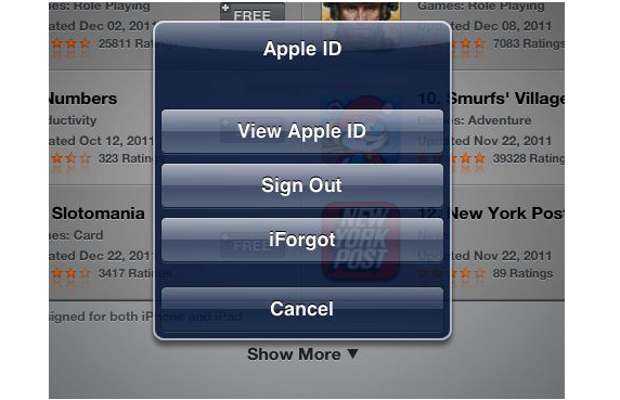In today’s digital world, one’s life revolves around passwords. But when it comes to using passwords, some people are simply too lazy to select strong ones for their respective accounts. A complex Password can help you keep away cyber attacks by making it difficult for hackers to access your accounts. On the other hand, an easy password can give hackers easy access to your personal data.
Some people still use an easy to guess passwords for logging in to email, visiting websites and social media accounts regardless of the dangers and risks associated with it. Why? Well, simple passwords are pretty much easier to remember. However, remembering different unique passwords is not a simple affair.
What generally happens that most of us create a folder or file on our phone or desktop called ‘Passwords’. The folder could easily give easy access to your so-called protected passwords.
A major problem with these simple passwords is that it is very likely that the users are using the same password across multiple accounts. In case their email address and password are exposed in a breach, it is very probable that hackers could also easily access login details of other social media and online shopping accounts.
As per a website, wearesocial, there are about 4.4 billion internet users and about 3.5 billion social media users with about 3.3 billion people using social media on mobile devices.
A recent survey by the UK’s National Cyber Security Centre (NCSC) has revealed that around 23.2 million users use “123456” as their account passwords. NCSC analysed public databases of breached accounts to see which words, phrases and strings people used.
After “123456” password, the most common password used is “123456789”, which was used by nearly 7.7 million users. Apart from these two passwords, internet users also used “qwerty”, “password” and “1111111” as their passwords frequently. Around 3.8 million users have using “qwerty” as password which is the first six letters on the top row of a standard keyboard. Then“password’ appears 3.6 million times and ‘111111’ appears 3.1 million times.
The report found out that most common name to be used in passwords was Ashley, followed by Michael, Daniel, Jessica and Charlie. When it comes to Premier League football teams in guessable passwords, Liverpool is the most used one followed by Chelsea.
In the report, it was found that 42 per cent of people expected to lose money to online fraud and only 15 per cent said they felt confident that they knew enough to protect themselves online.
Here is the list of top 10 most commonly used passwords along with the number of internet users who have used them. If you see a password in the list , we recommend you to change it immediately.
- 123456 (23.2mn)
- 123456789 (7.7mm)
- qwerty (3.8mn)
- password (3.6mn)
- 1111111 (3.1mn)
- 12345678 (2.9mn)
- abc123 (2.8mn)
- 1234567 (2.5mn)
- password1 (2.4mn)
- 12345 (2.3mn)
Dr. Ian Levy, technical director of the NCSC said “People who use well-known words or names for a password put themselves people at risk of being hacked. Nobody should protect sensitive data with something that can be guessed, like their first name, local football team or favourite band”.
Security expert Troy Hunt, who maintains a database of hacked account data, said “Picking a good password was the “single biggest control” people had over their online security. We typically haven’t done a very good job of that either as individuals or as the organisations asking us to register with them.”
You can also start to follow a few simple guidelines for protecting yourself against cyber attacks. First, the important thing is that your Password needs to be strong, and they should also be unique across each of your different accounts.
You can also use a Password Manager which encrypts and stores the passwords in a secure vault that is protected by a master password. The master password is the only password you need to remember. If you don’t want to use that, you can use alpha-numeric passwords. You can also use a long password which can be the key factors in keeping you safe.


